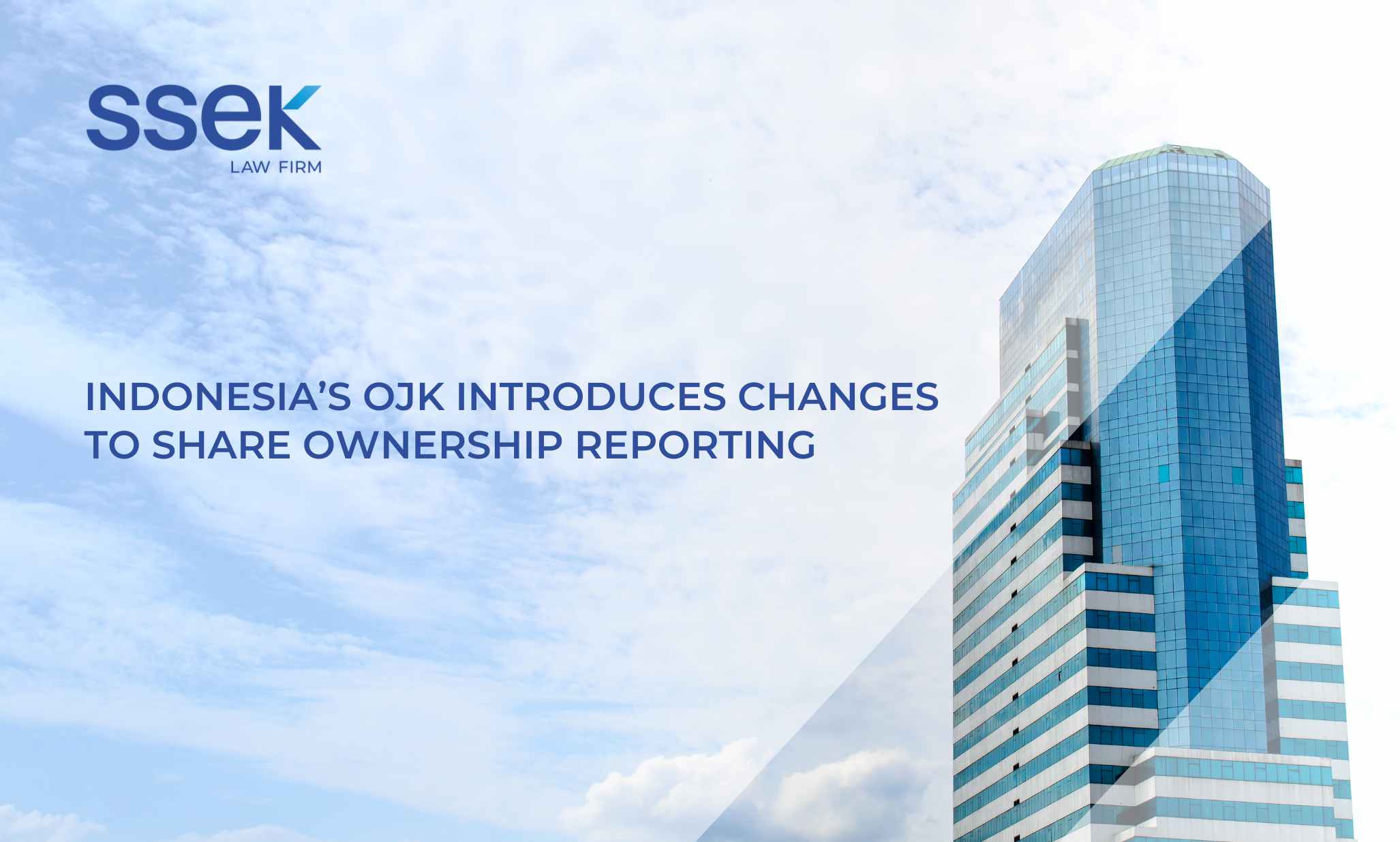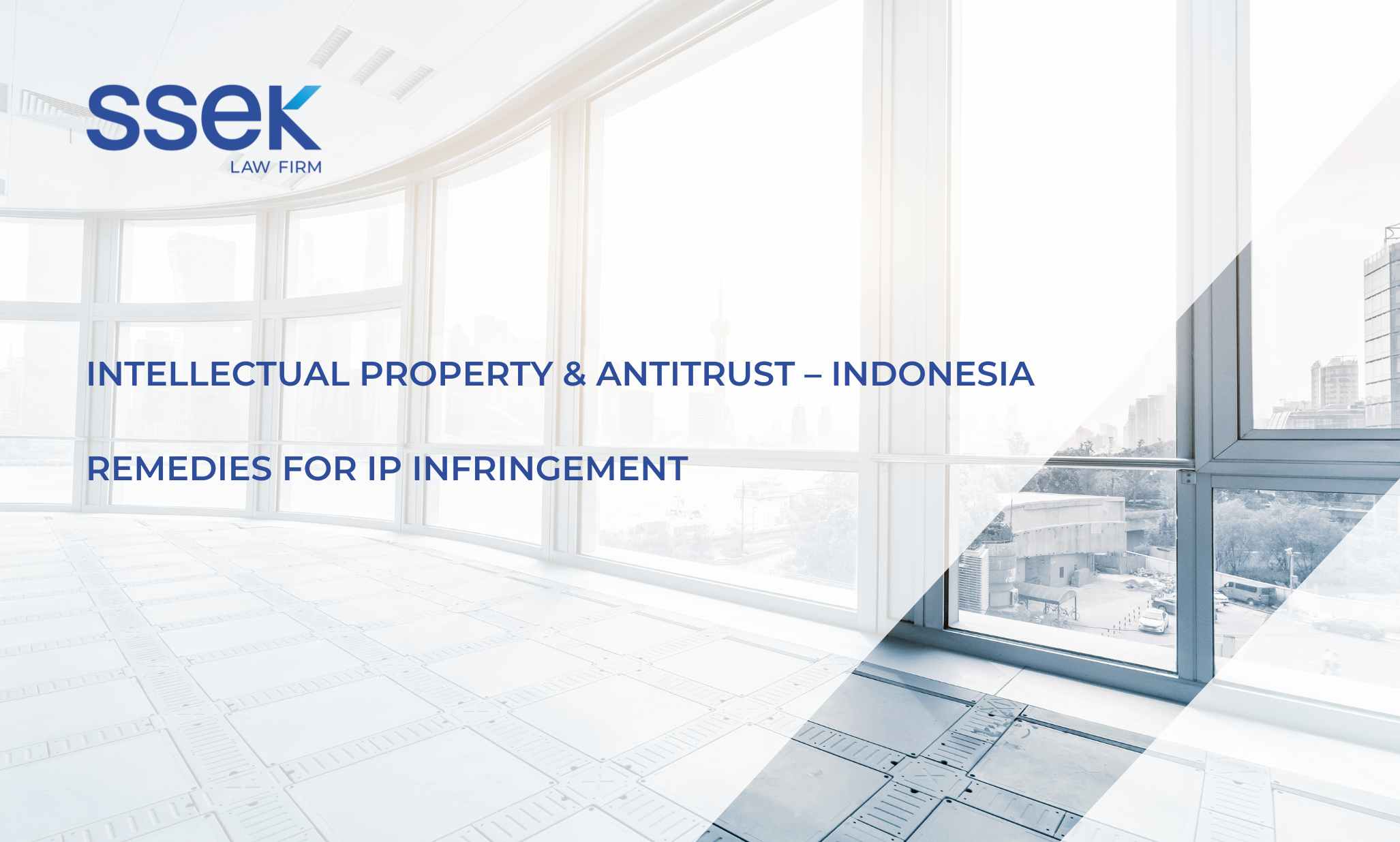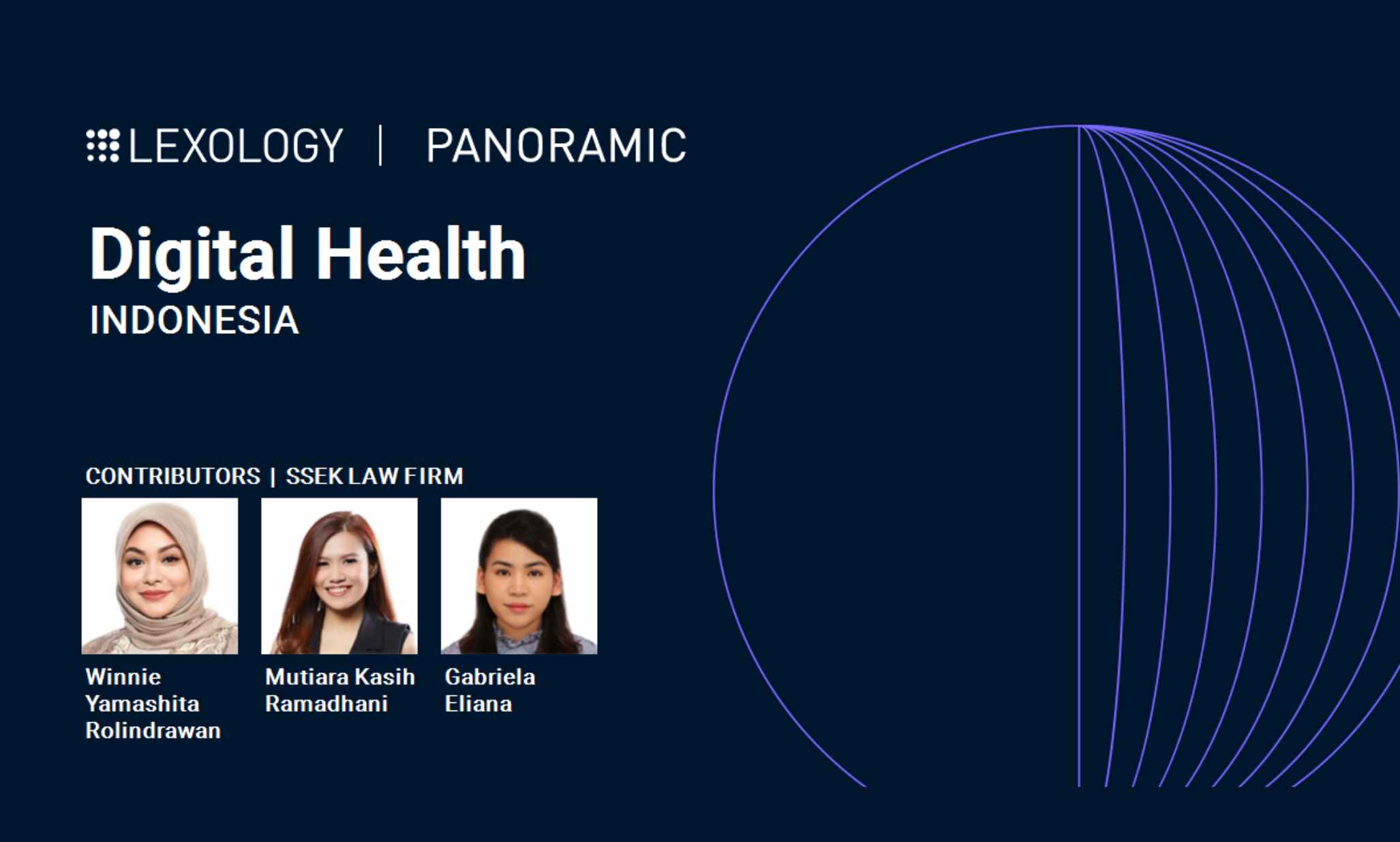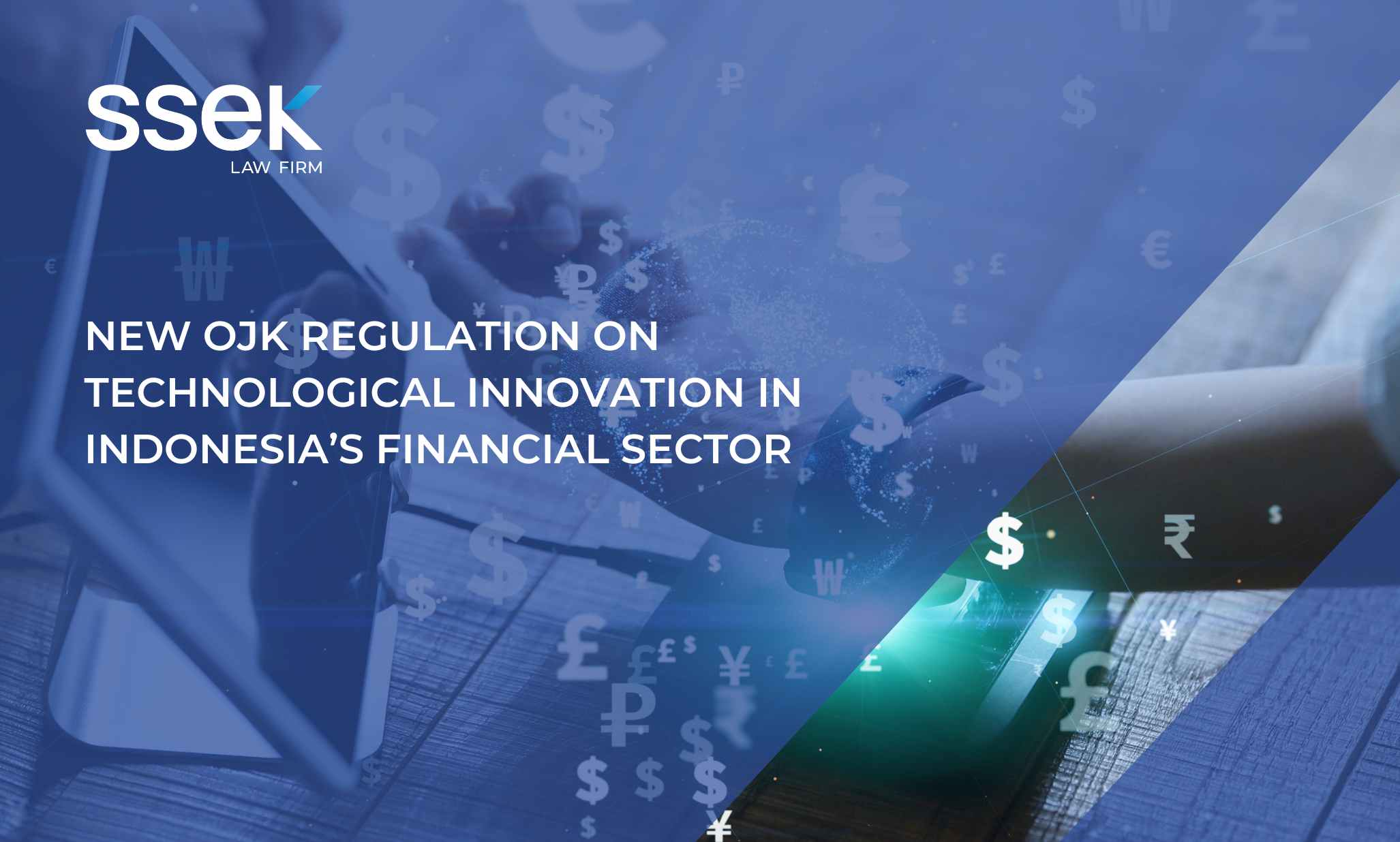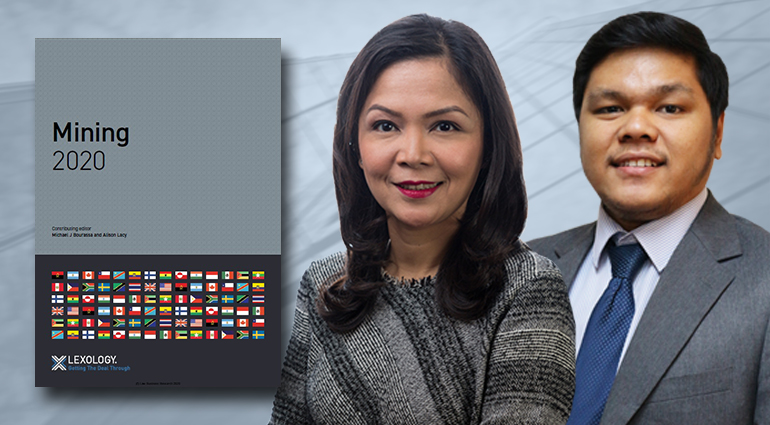

Under Law 4/2009 on Coal and Mineral Mining (Law 4/2009), mining license holders may apply to the relevant issuing authority (ie, the Ministry of Energy and Mineral Resources (MEMR) or governor, as relevant) to extend the initial term of the mining permit (IUP) that is due to expire.
Under MEMR Regulation 7/2020, applications for the extension of an operation production IUP (IUPOP) or operation production IUPK (IUPKOP) for metal minerals and certain non-metal minerals must be submitted at the earliest five years and at the latest one year before expiration. The extension application for an IUPOP for non-metal minerals or rocks can be submitted at the earliest two years and at the latest six months before expiration.
Under the draft Amendment to Law 4/2009 (the Mining Law Amendment), an exploration IUP (IUPE) for metal minerals can be extended for one year for each extension upon fulfillment of certain requirements. In addition, the Mining Law Amendment provides guarantees that an IUPOP for minerals can be extended upon fulfillment of certain requirements.
Under MEMR Regulation 7/2020, the application to extend an IUPOP and IUPKOP must be submitted at least one year before expiration, and an application to extend an IUPOP specifically for transportation and sales (IUPOPK-TS) must be submitted no later than one month before the expiration date.
It should be noted, however, that the Mining Law Amendment would require the adjustment of a mining business license for production operation specifically for processing and refining (IUPOPK-PR) to an industrial business license (IUI) within a year of the effective date of the Mining Law Amendment. This provision may address the concerns of smelter companies that had to obtain an IUPOPK-PR and an IUI to conduct processing and refining.
Generally, Law 4/2009 prohibits the transfer of a mining license to another party. However, article 7A of Government Regulation (GR) 23/2010 allows the holder of an IUP to transfer the IUP to its subsidiary, provided that the IUP holder holds at least 51 percent of shares in the transferee.
Furthermore, article 7B of GR 23/2010 also allows state-owned enterprises to transfer their mining licenses to their subsidiaries, provided that they hold at least 51 percent of shares in the transferee. All transfers of mining licenses must be approved by the MEMR or governor, as applicable, pursuant to article 66(k) of MEMR Regulation 7/2020.
The Mining Law Amendment changes the requirements on the transfer of an IUP and an IUPK, where it provides that an IUP and an IUPK may be transferred to other parties provided that the initial holders have completed the exploration stage and have satisfied administrative, technical and financial requirements, and subsequently obtain an approval from the MEMR.
With respect to the change of control of license holders, article 64(1) of MEMR Regulation 7/2020 requires the prior approval of the MEMR or governor, as relevant. This approval must be obtained prior to the registration of the shares acquisition with the Ministry of Law and Human Rights. Under the Mining Law Amendment, a transfer of shares in IUP and IUPK holders is subject to obtaining MEMR approval, which would be granted upon the completion of the exploration stage and the satisfaction of administrative, technical, environment and financial requirements.
Under the Mining Law Amendment, the provisions on the transfer of an IUP or an IUPK and the transfer of shares in IUP or IUPK holders will be further regulated in an implementing government regulation.
This first appeared in the Lexology GTDT Mining 2020 global guide.
This publication is intended for informational purposes only and does not constitute legal advice. Any reliance on the material contained herein is at the user's own risk. All SSEK publications are copyrighted and may not be reproduced without the express written consent of SSEK.




